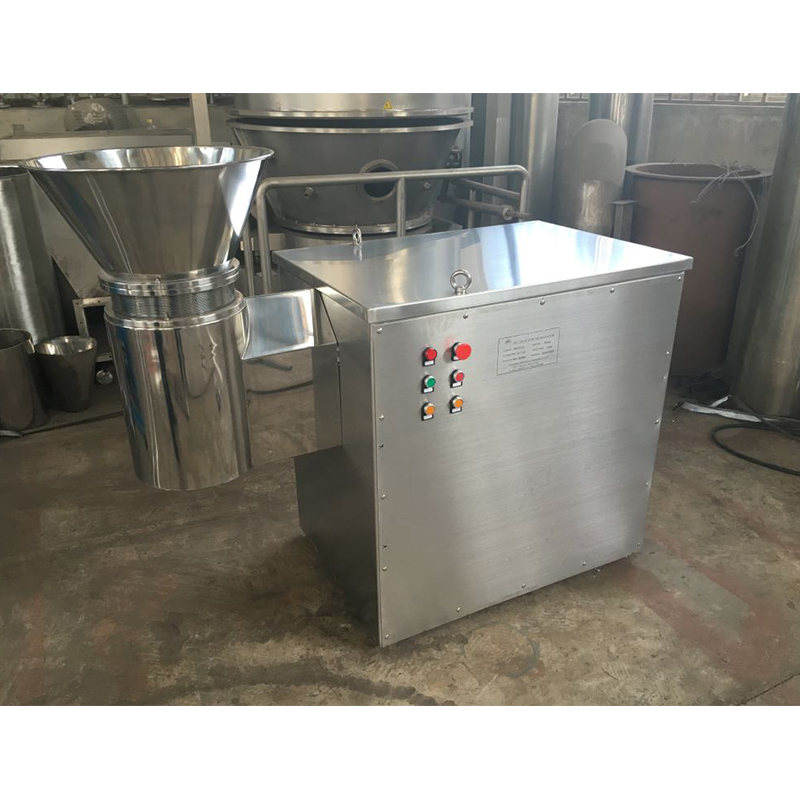Advantages of Wet Granulation in Pharmaceutical Manufacturing
1. Improved Flowability of Granules
One of the most significant benefits of wet granulation is the enhancement of granule flowability. In powder form, the active pharmaceutical ingredients (APIs) and excipients can exhibit poor flow characteristics, leading to uneven blending and inconsistent tablet quality. By incorporating a binding liquid during the granulation process, particles cohere, resulting in larger, more uniform granules that flow more freely. This improved flowability is essential for accurate tablet compression and consistent dosages.
2. Better Uniformity in Tablet Formulation
Wet granulation helps in achieving better uniformity in tablet formulations by ensuring that the active ingredients are evenly distributed throughout the batch. During the wet granulation process, the powder particles are bonded together, which creates a more homogeneous blend. This uniformity is vital for maintaining accurate doses in the final tablet, reducing the potential for content variation that could affect therapeutic efficacy.
3. Enhanced Compression Properties
Granules produced through wet granulation typically have better compression properties compared to dry granulation. The process produces cohesive, free-flowing granules that can withstand the pressures of tablet compression without breaking apart. This not only improves tablet integrity but also contributes to better hardness and dissolution properties, which are crucial for controlled-release formulations.

4. Increased Tablet Hardness and Reduced Segregation
Wet granulation also addresses issues related to segregation during mixing. In powder mixing, different particle sizes can separate, leading to non-uniform mixtures and inconsistent quality. Wet granulation overcomes this challenge by binding particles together, preventing segregation and ensuring that the batch remains consistent throughout the manufacturing process. As a result, the tablets are less likely to experience issues like poor hardness, friability, or dissolution.
5. Suitability for Moisture-Sensitive Ingredients
For moisture-sensitive APIs and excipients, using a wet granulator allows manufacturers to control the amount of liquid introduced into the process, minimizing the exposure to excessive moisture. This precision ensures that the granulation process is optimized to the needs of the materials used, making it an ideal choice for certain formulations.



 English
English русский
русский عربى
عربى Türk
Türk




